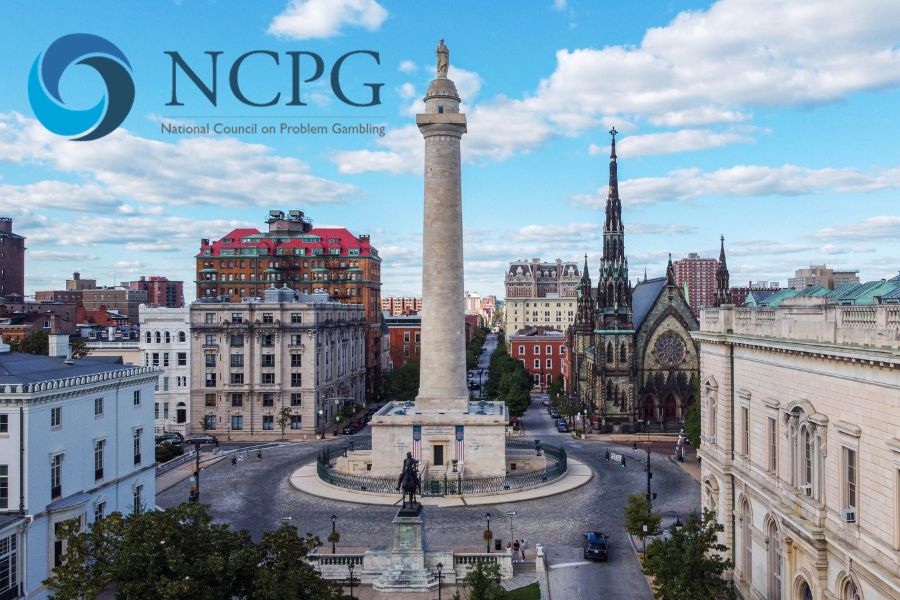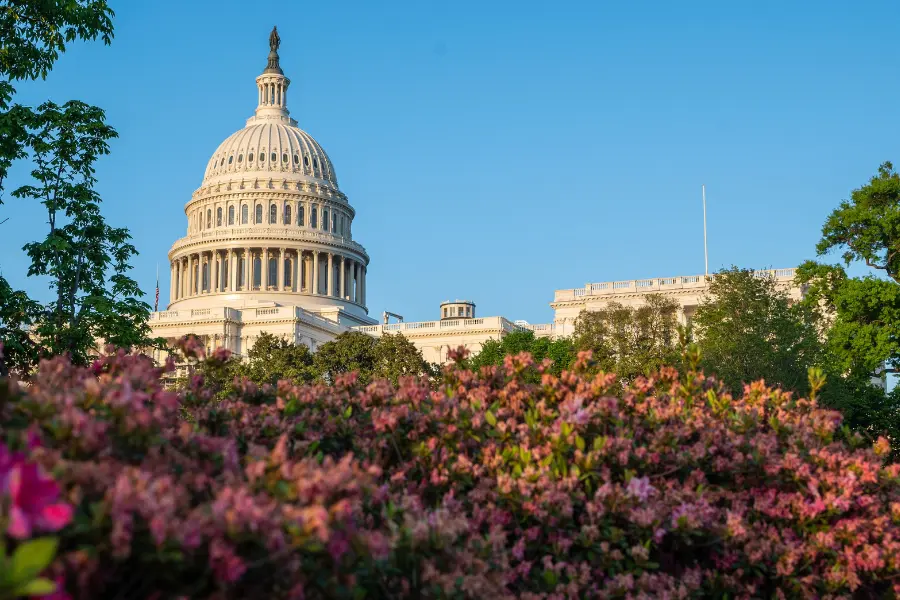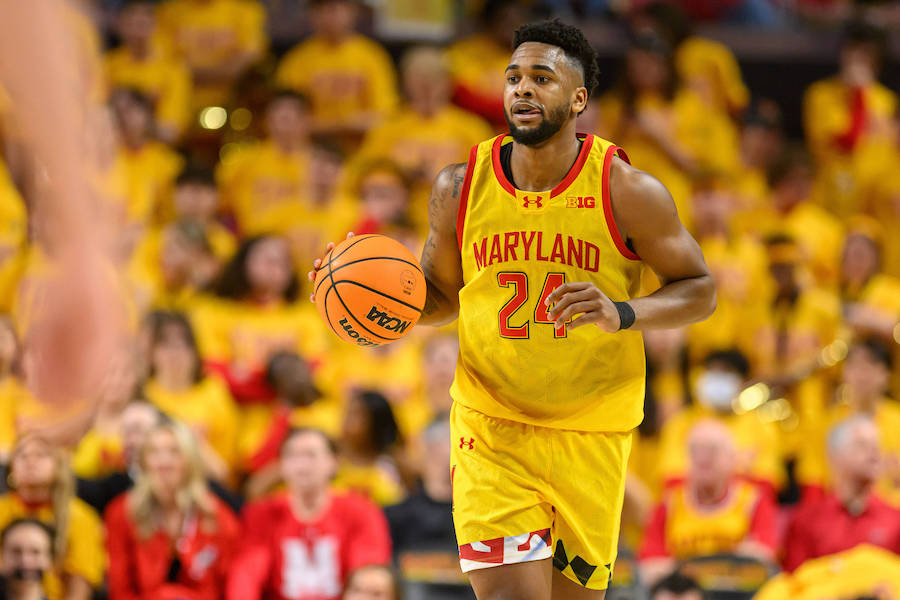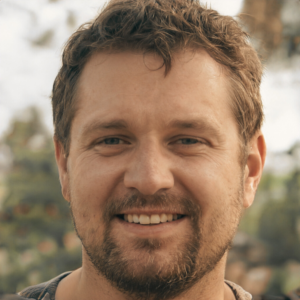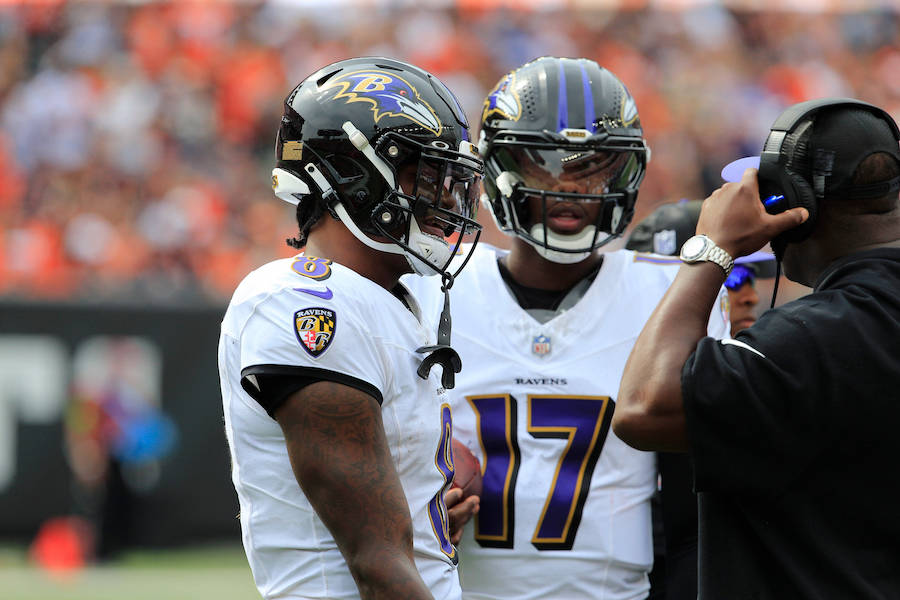The title of the program is “Culturally Infused Problem Gambling Prevention for Deaf and Hard of Hearing Consumers.”
The funds will go toward specific prevention public awareness materials that “reflect the lived realities in the deaf and hard of hearing communities.”
A total of 17 grants have been awarded in the last two years by NCPG, and Maryland is one of only two states with various programs to have been honored a total of three times.
‘Tigers Play Responsibly’ Program
In the first round of grants in Spring 2022, the Towson University Foundation in Baltimore received financial support from NCPG for a new problem gambling prevention program from the school’s ATOD (Alcohol, Tobacco, and Other Drug Abuse) Prevention Center called “Tigers Play Responsibly” – in a nod to its athletic program’s nickname for its sports teams.
That program includes prevention workshops and “social norming campaigns” centered around problem gambling education, harm reduction, and related risks. The program serves more than 20,000 Towson students through an integrated, campus-wide approach that includes student leadership training, events at the university’s welcome weekend, and print and digital marketing campaigns across campus.
The Townsend program incorporated problem gambling into its already-existing efforts on drug and alcohol abuse prevention among its students. The program stressed a PAWS initiative – short for “Plan ahead, Always know your limits, Wait to play again, and Stop while you’re ahead.”
‘Smart Choices for Athletes’ Program
Then in the Spring 2023 grants announced by NCPG, The National Alliance on Mental Illness’s Maryland chapter was chosen to collaborate with three Maryland non-profit organizations to present “Smart Choices for Athletes,” a four-part project for college athletes.
NAMI-MD, Alston for Athletes, the Maryland Center of Excellence on Problem Gambling, and The Hidden Opponent’s Campus Captains Program at Johns Hopkins University all are working together to develop, test, and implement a one-hour virtual presentation on problem gambling and mental health for athletes.
Once finalized, the presentation will be executed more widely in the state through NAMI-MD affiliates – and then also will be made available on demand.
“Through Agility Grant funding, we aim to foster dynamic and responsive problem gambling prevention programs, helping to ensure that communities across the country are equipped to address this critical need with flexibility and innovation,” said NCPG Executive Director Keith Whyte, who has been serving in that role for the past 25 years.
“Each recipient receiving support this round displayed exemplary commitment to cultural competence, tailoring their approaches with sensitivity to the diverse needs of the populations they serve.”
Whyte previously had served as Research Director for the American Gaming Association from 1995-98. He has made presentations on problem gambling issues to officials in 39 states and more than a dozen countries, and testified four times before U.S. Congress panels on the issue.
According to the Maryland Council on Problem Gambling website (marylandproblemgambling.org), “We know that fewer than 10% of individuals with gambling disorders ever seek help.”
The NCPG’s “Agility Grants” program is two years into a three-year plan to award more than $1 million to worthy recipients for problem gambling prevention efforts. The funds are provided by the National Football League and prominent sportsbook operator FanDuel.
The other states with groups that have been so honored are Ohio (three times), Illinois (twice), Oklahoma, California, North Carolina, Oregon, Nevada, New York, Alabama, Maine, and Colorado.
Which Other Programs Have Been Proposed?
The other programs recently awarded funding by NCPG address education about gambling issues for middle school students (Alabama), for high school students (Colorado), and for all students in the form of a graphic novel (Maine), with teens as the focus of a program based in Ohio.
The funding for these grants is just one part of a $6.2 million partnership between NCPG and the NFL that was announced in 2021 – the largest single contribution in the council’s 51-year history.
“Because the federal government doesn’t use any of the more than $7 billion in federal taxes from gambling operators to treat or study this hidden addiction, our capabilities have been somewhat constrained,” Whyte said at the time. “Thanks to our groundbreaking relationship with the NFL, we now have more resources to significantly boost our efforts.”
NCPG is known as the only national non-profit organization that seeks to minimize the economic and social costs associated with gambling addiction. If someone has a gambling problem, they can contact the National Problem Gambling’s Helpline, which promises to offer “hope and help without stigma or shame.”
Calling or texting 1-800-GAMBLER or visiting 1.800gamblerchat.org will result in 24/7 free and confidential advice designed to assist troubled gamblers.
Some of the other funding from the NFL has gone toward modernizing operations of the helpline by improving call center technology, data collection, reporting, and certifications.
For more information about responsible gambling in Maryland, check us out here at MD Betting.
